Edited by Katherine Gaudet
Bringing together a collection of essays by writers with diverse knowledge of the US criminal justice system, from those with personal experience in prison and on patrol to scholarly researchers, What Is a Criminal? explores the category of “criminal” through the human stories of those who bear and administer that label.
This book performs a rare feat in bringing together the perspectives of justice-impacted people, those who work in law enforcement and social services, and scholarly researchers. Each chapter is a compelling narrative sharing the experience and perspective of a unique person with knowledge of the justice system. The first section, “Incarceration, Reentry, and Rebuilding,” gives a glimpse into the “black box” of prison, with firsthand accounts of daily life on the inside and the struggle to begin a new life after prison. Section 2, “Journeys in Law Enforcement,” presents perspectives from police officers, school resource officers, and corrections officers who are working to better their communities. The third section, “Ripple Effects,” addresses some of the broader impacts of the justice system, showing what it is like to be the child of an incarcerated parent, to be profiled, to be an undocumented immigrant, and to make art about the justice system. The final section, “Scholarly Perspectives,” is comprised of accessible articles by academics who study law and crime. Each chapter stands alone as an individual story, but taken together they provide a uniquely nuanced view of the US justice system.
This book will be of interest to anyone who wants to know more about criminality, the US justice system, and the people involved in it. It is designed for a general audience, with accessible, compelling stories that will appeal to a variety of readers. It is an effective text for college and high school courses about crime and criminality, and provides excellent fodder for discussion in law enforcement and social services training programs or professional development workshops.
Contributors

Valena Beety
Valena Elizabeth Beety is the Robert H. McKinney Professor of Law at the Maurer School of Law, Indiana University Bloomington. Previously, she was Professor of Law at Arizona State University Sandra Day O’Connor College of Law and the Deputy Director of the Academy for Justice, a criminal justice center connecting research with policy reform. Beety also served as a law professor and the Founding Director of the West Virginia Innocence Project at the West Virginia University College of Law. Her experiences as a federal prosecutor in Washington, D.C., and as an innocence litigator in Mississippi and West Virginia, shape her research and writing on wrongful convictions, forensic evidence, the opioid crisis, and incarceration. Professor Beety has successfully exonerated wrongfully convicted clients, obtained presidential grants of clemency for drug offenses, and served as an elected board member of the national Innocence Network and an appointed commissioner on the West Virginia Governor’s Indigent Defense Commission. She is the co-editor of the Wrongful Convictions Reader (2d edition 2022), and the author of the book Manifesting Justice: Wrongly Convicted Women Reclaim Their Rights (Citadel Press, 2022).
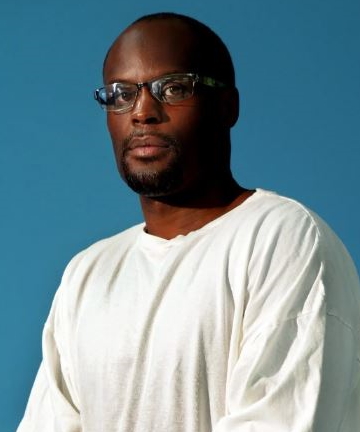
Bobby Bostic
At 16 years old, Bobby Bostic was sentenced to 241 years in prison for robbery–the longest sentence given to a juvenile for non-homicide offenses in the state of Missouri. While incarcerated, Bobby completed his GED, a Legal Assistant/Paralegal Diploma from Blackstone Career Institute, a Certificate in Basic Business Studies from Missouri State University, and an Associates of Science from Adams State University. Bobby is a prolific reader and writer, and a published author. His essays have been featured in various magazines, and he has 13 published books of poetry and nonfiction. While serving his sentence, Bobby founded book groups for inmates and advocated for the creation of programs to improve literacy in prison. Thanks to changing laws regarding life sentences for minors, Bobby has received significant media attention in recent years and was granted parole in 2021. He was released from prison in November of 2022. You can learn more about Bobby by visiting his website at freebobbybostic.com or by following him on Instagram and Twitter @FreeBobbyBostic.

Lawan Cancer
Lawan Cancer has served as a police officer in Albany, New York for 14 years. Since 2014, he has been working with To Reach and Connect, a program that offers services to at-risk youth and families. Before becoming a police officer, Mr. Cancer held many other jobs, starting with selling newspapers at the age of 11. His experience includes working in fast food, being a resident aide for disabled adults, being a school security officer, and working at Berkshire Farms Center and Services for Youth. He graduated from Albany High School and holds an associate degree in office management and supervision from Hunter Valley Community College. Mr. Cancer is involved with many community ventures and is the proud father of three sons and one daughter.
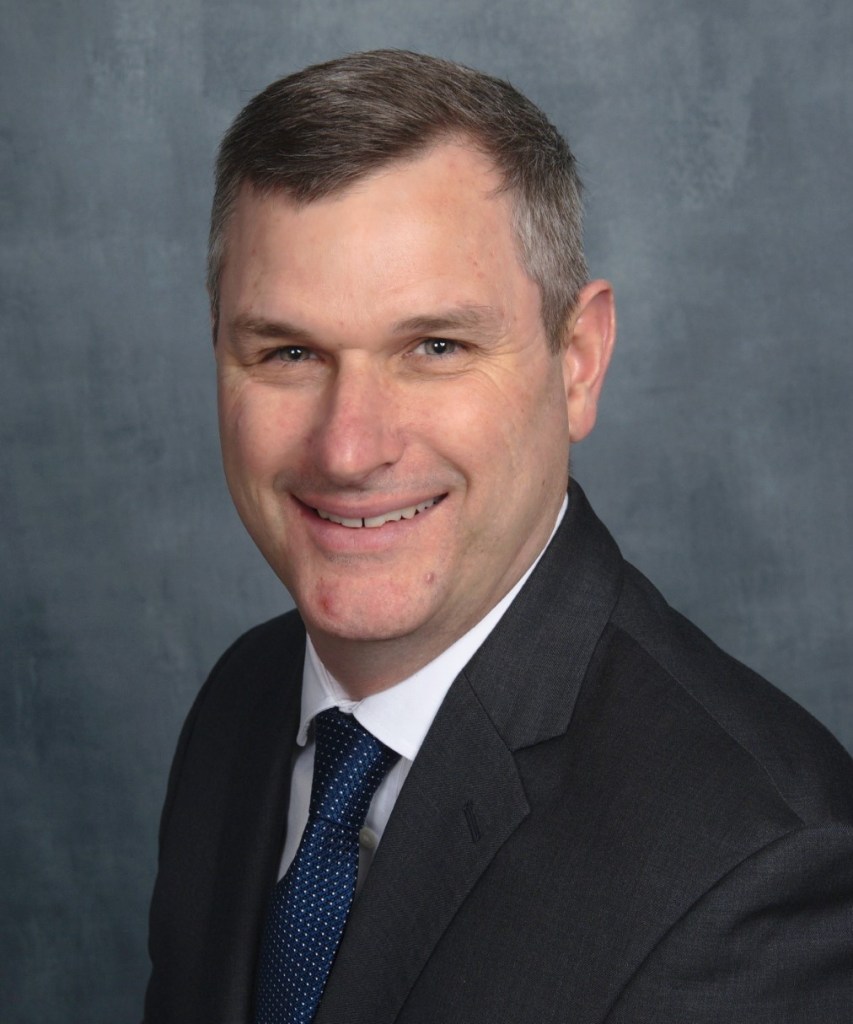
Brendan Cox
Chief (Ret.) Brendan Cox is the Director of Policing Strategies at the LEAD Support Bureau where he provides strategic guidance on the implementation of Law Enforcement Assisted Diversion/Let Everyone Advance with Dignity to jurisdictions around the world. Brendan was previously employed with the Albany, New York police department where he retired as Chief of Police in 2017. He served in numerous capacities in the Albany police department including overseeing its Special Operations Unit and Children and Family Services Unit. He rose through the ranks to become the Commander of Investigations, Assistant Chief of Operations and Deputy Chief. In July of 2015 he was appointed Chief of Police.
Brendan has a Bachelor of Science in Criminal Justice from the University of Dayton and a Master of Public Administration from Marist College. He is a graduate of the Police Executive Research Forum’s Senior Management Institute for Police. He is a member of the New York State Juvenile Justice Advisory Group and was appointed to the New York Governor’s Workgroup to Draft Legislation for Regulated Adult-Use Marijuana Program in 2018. He is an Executive Fellow with the Police Foundation, a speaker for the Law Enforcement Action Partnership, and a member of the Global Law Enforcement and Public Health Association. He sits on several local board of directors including the Albany Police Athletic League and the LaSalle School of Albany.
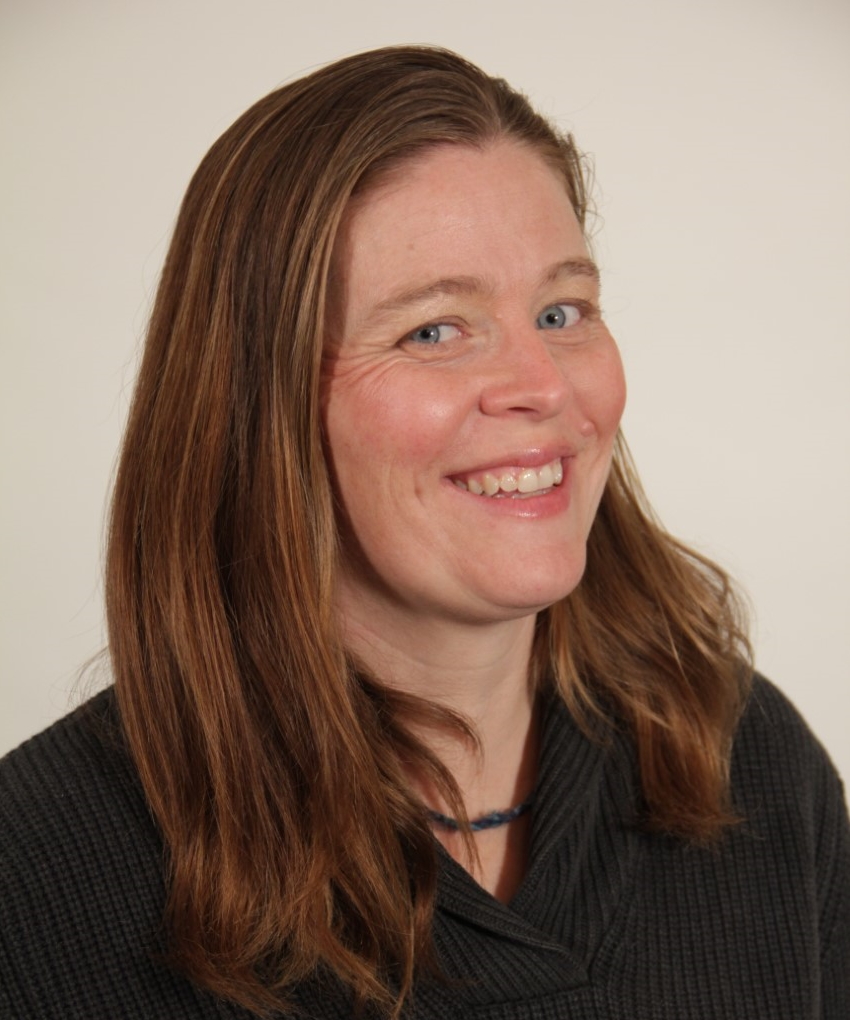
Jennifer Fischer
Jennifer Fischer is a writer, film producer, and activist. Her immigration film, “Smuggled,” screened at over 100 universities, colleges and community organizations throughout the United States and abroad. Her short film “The wHOLE,” about solitary confinement, premiered at Amnesty International’s 50th Anniversary Human Rights Conference. Her work has been featured by multiple media outlets, such as NBCLatino, NBCBLK, ABC, Fusion, Univision, Vice News, and others. Jennifer writes about filmmaking, parenting, and social issues. She holds a BA from Sarah Lawrence College in International Studies and a MA from Harvard University in Middle Eastern Studies, where she received a FLAS Scholarship. She is also the Executive Director of Journeys in Film.
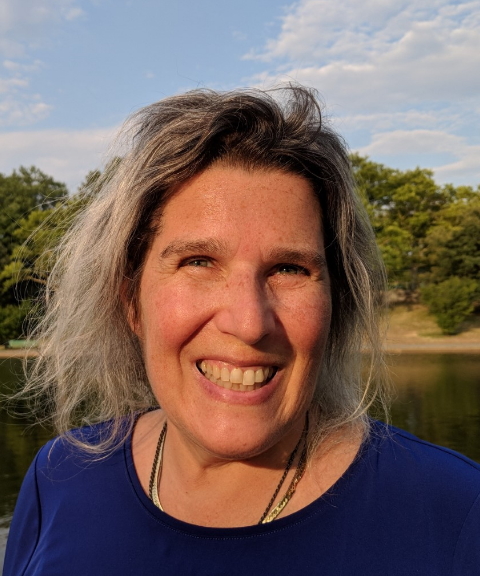
Diane Gottlieb
Diane Gottlieb is a writer and educator living in Florida. Her essays, fiction, interviews, and reviews have appeared in About Place Journal, The Manifest-Station, The VIDA Review, PRISM International, The Rumpus, The Hedgehog Review Blog, and Hippocampus Magazine, among others. She won the 2021 Tiferet Writers Contest in nonfiction. Diane has an MSW, an MEd, and received her MFA from Antioch University Los Angeles where she served as lead editor of creative nonfiction for Lunch Ticket. She also served as lead creative nonfiction editor for the 2020 Women’s National Book Award Contest and is the Prose/CNF editor for Emerge Literary Journal. Diane is currently writing a hybrid nonfiction narrative/memoir about the lives of five formerly incarcerated men. You can find her at https://dianegottlieb.com and on Twitter @DianeGotAuthor.
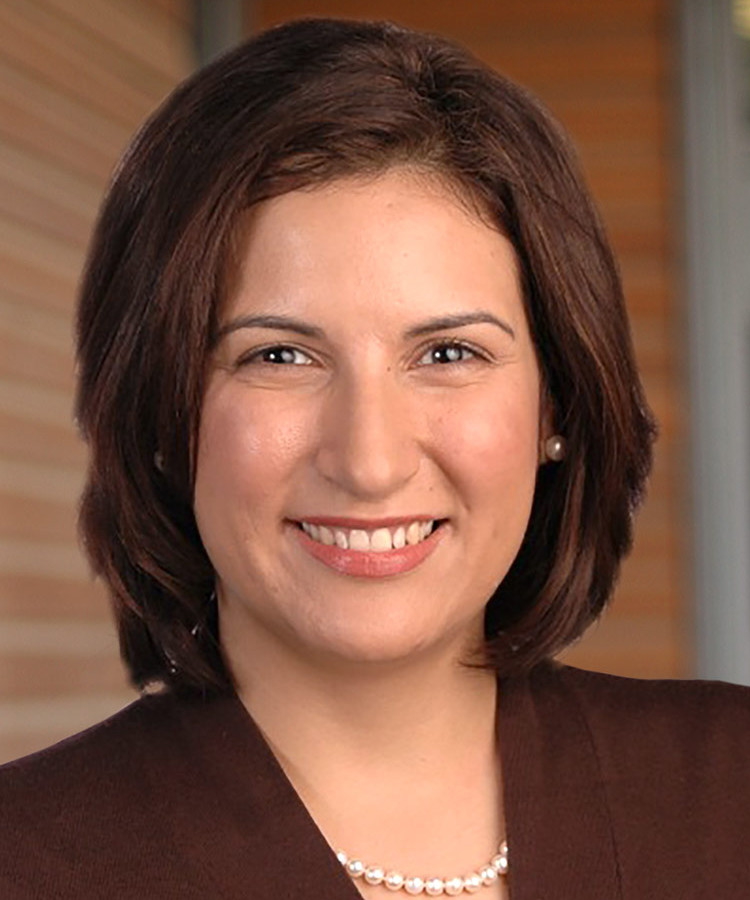
Jasmine Harris
Jasmine E. Harris is Professor of Law at the University of Pennsylvania’s Carey Law School. Professor Harris is an expert in disability law, antidiscrimination law, and evidence. She is a law and equality scholar with a particular focus on disability. Professor Harris combines approaches in law and the humanities to better understand the role that perception, aesthetics, and emotions play in group subordination. By accounting for aesthetic preferences, she argues, we can better design antidiscrimination law to address structural biases and develop novel remedial pathways. Previously, she was Professor of Law and Martin Luther King, Jr. Hall Research Scholar at the University of California—Davis School of Law. Professor Harris’s recent articles have or will appear in such publications as the Columbia Law Review, New York University Law Review, University of Pennsylvania Law Review (print and online), Yale Law Journal Forum, Cornell Law Review Online, American Journal of Law and Medicine, and the Journal of Legal Education.

Jessica Henry
Jessica S. Henry is a Professor of Justice Studies at Montclair State University. She is the author of the award-winning book, Smoke But No Fire: Convicting the Innocent of Crimes that Never Happened (U.C. Press 2020). After obtaining her J.D. from N.Y.U. School of Law, Henry served as a public defender in New York City for nearly a decade before joining the faculty at Montclair State in 2005. Her research interests include wrongful convictions and severe sentences such as the death penalty and life without parole. She is a commentator on national and local television and radio, and has been widely cited in the mainstream media. In 2022, Henry was named University Distinguished Scholar. She also received the Montclair State University Distinguished Teacher Award in 2015. To learn more, visit her website at http://jessicahenryjustice.com/.
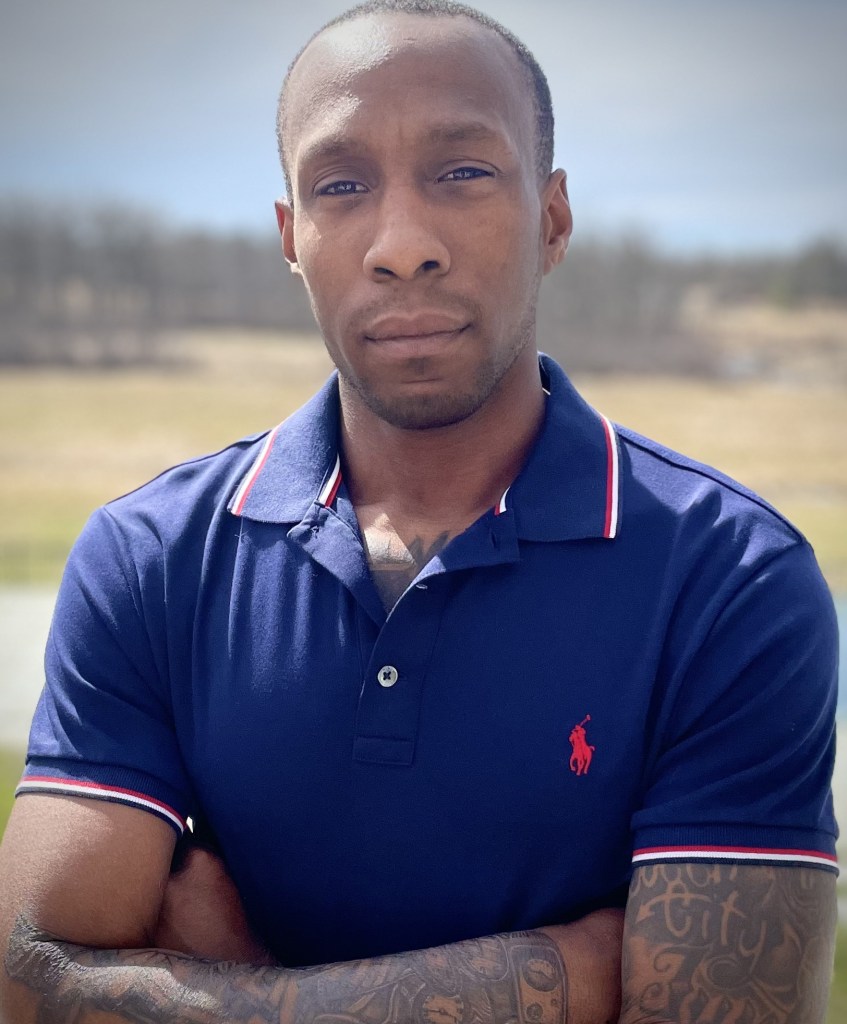
Joseph Lascaze
Joseph Lascaze is a prison reform activist whose personal experience with the incarceration system gives him an invaluable perspective about the barriers and challenges within the current system. In his role as the NH ACLU’s Smart Justice Campaign Manager, Mr. Lascaze advocates for meaningful changes to the NH criminal justice system by lobbying for justice-oriented legislation at both the state and federal level, serving on state Commissions, and building community partnerships with other key stakeholders in the criminal justice movement. He has worked on policy changes including banning the use of chokeholds by law enforcement; requiring law enforcement officials to report witnessed instances of misconduct; expanding earned time credit opportunities for residents of the NH Department of Corrections; defending the prison education department from being eliminated from the state budget; and ending the use of shackling pregnant incarcerated women during labor, childbirth, and postpartum. He is currently working on repealing Truth in Sentencing in New Hampshire. Mr. Lascaze is also an educator who believes that continuous learning is essential to community and personal growth. He is a frequent visitor and guest lecturer at various institutions across the state, where he advances knowledge of the varying complexities and possible solutions to mass incarceration. Mr. Lascaze is deeply passionate about changing the narrative for youths involved in the court system. For him, the most rewarding part of doing this work is helping these young people avoid the incarceration system by providing mentorship through a court diversion program.

Justin Mixon, Esq.
Justin Mixon is an immigration and family lawyer in Jenkintown, Pennsylvania, primarily for Spanish speaking clients from Central and South America. Justin litigates Special Immigrant Juvenile Status, Asylum, and other immigration cases in court and with USCIS, the immigration agency. From 2014 to 2017, he worked at non-profit HIAS Pennsylvania representing immigrant youth. He graduated from the University of Minnesota Law School in 2002 and was an elementary school teacher in the Philadelphia School District for 4 years. He became fluent in Spanish as a Peace Corps volunteer in Guatemala from 1995 to 1998.
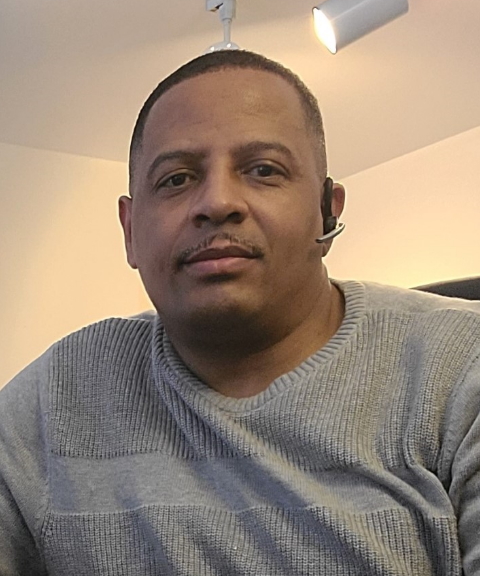
Jamel Muhammad
Jamel Muhammad is 50 years old, and the proud father of his 11 years-old son, Isa Muhammad and 30 years-old son Ali Sharah. Jamel was born in Albany, N.Y. and is the middle child, having two brothers, and was raised predominantly by his mother who taught him the importance of respect and self-worth, and a well-rounded religious background. At an early age Jamel showed leadership qualities and had a strong desire to excel and had to know every aspect about any task he would undertake. Jamel was always attentive and asked lots of questions and education was very important to him.
As Jamel grew into teenage/early manhood, he strayed from his home teachings and became involved in “street life” and as a result caused him to become incarcerated with a 20-year prison sentence. Jamel served 17 years in the state and federal prison system. Although Jamel was locked up physically, he never allowed his circumstances to imprison him mentally or emotionally. Jamel used his imprisonment as an opportunity to re-evaluate his life – past, present and to plan for his future.
Today, Jamel is President-CEO of Youth L.I.F.E. Support Network, Inc., a community-based 501(c)(3) nonprofit organization with a focus on public safety. Under the nonprofit, Jamel operates programs that works with youth who are at high-risk of negative system contact with the juvenile/child welfare systems as well as individuals involved with gun & gang violence and at the highest risk of either shooting or being shot. Jamel has a great appreciation for his partnerships with both the community and the law enforcement/criminal justice departments, as well as a host of colleges and universities in the Capital Region. You can reach him through his email at j.muhammad@ylsninc.org.
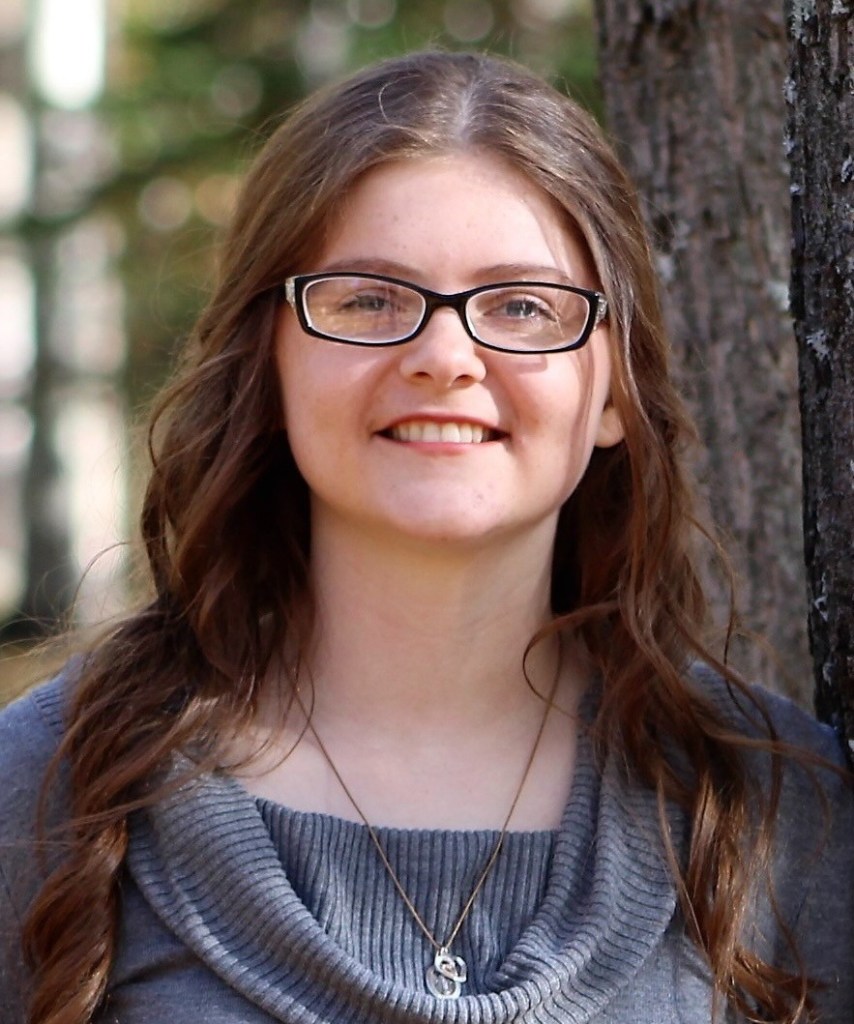
Anna Roberge
Anna Roberge is an honor student at the University of New Hampshire. She is dual majoring in Justice Studies and Human Development & Family Studies. She is part of the Hamel Scholars program, where she uses her knowledge and passion to help those incriminated or dealing with the justice system. She is a strong advocate for restorative justice, having had first-hand experience with a loved one being in prison. It is Anna’s goal to show children whose parents are incarcerated that they are not alone, while also helping the incarcerated parent not to give up. Prison can be a long and painful road. Anna wants to educate inmates on how to navigate this challenging experience while also understanding what they did was wrong. She hopes to pursue a future in counseling juvenile delinquents, using early intervention techniques to help many children.
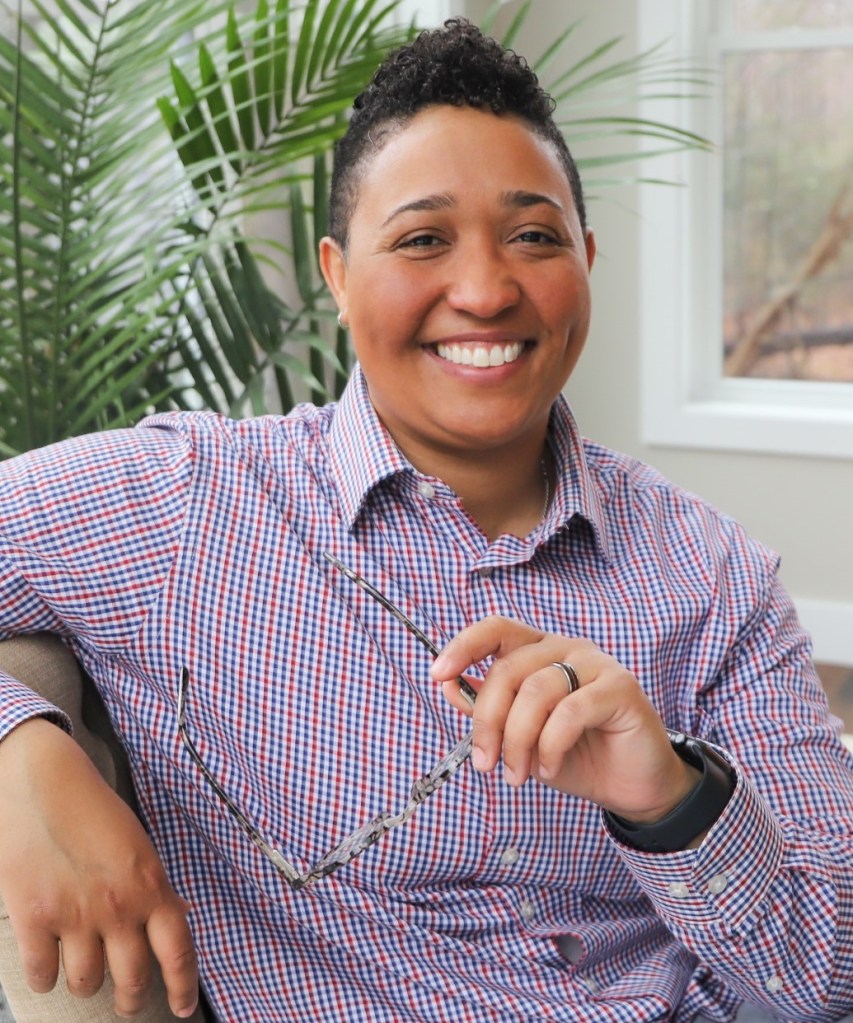
Blair Rowlett
Blair Rowlett earned her Dual Bachelor’s Degree in Psychology and Justice Studies from the University of New Hampshire in 2005. Shortly after graduation, she began her career at the Strafford County House of Corrections where she became a decorated Correctional Officer. In 2007, she transitioned into a position with the Strafford County Community Corrections Program. In addition to overseeing the county’s Bail Supervision Program and Post-Trial Supervision Programs, she currently serves as the Director of The Strafford County – Rochester Mental Health Court. Ms. Rowlett is a Trauma-Informed Response Instructor for Law Enforcement, a Mental Health First Aid Instructor, a trainer for local police department’s Crisis Intervention Teams, and has created a training curriculum for new Correctional Officers at Strafford County. In 2015, she had the honor of being chosen as the commencement speaker for the UNH Justice Studies Program’s graduating class. Ms. Rowlett has been featured on NHPR and was a panelist for UNH’s 2019-2020 Sidore Lecture Series. She is currently a member of the Mental Health Advisory Group for NH Mental Health Court State Standards.
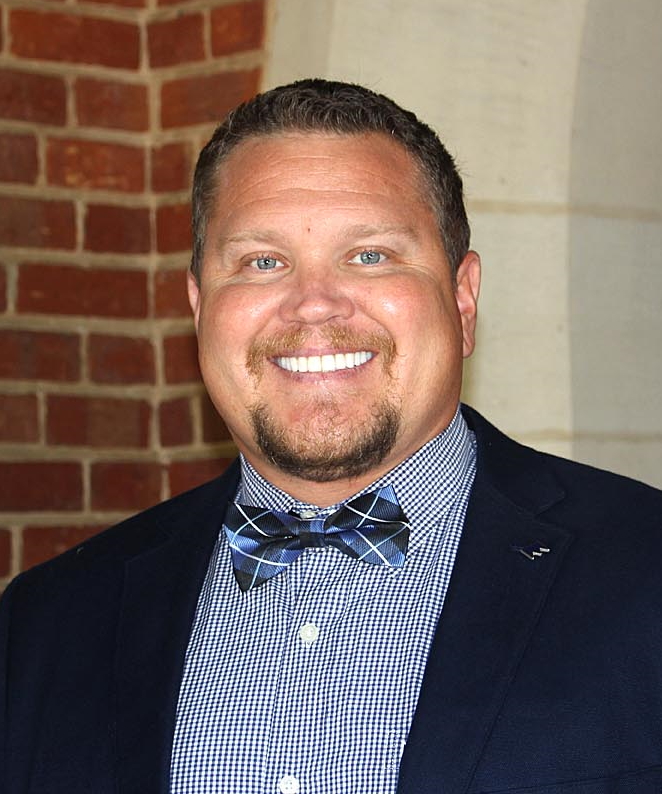
Patrick Schmucker
Dr. Patrick Schmucker currently resides in Montgomery, Alabama with his spouse. His academic background consists of a Bachelor of Science – Business and Accounting, Master of Education, Master of Science – Criminology, and a Doctor of Philosophy – Criminal Justice. He is currently blessed to be serving as an assistant professor of criminal justice and program coordinator of the criminal justice program at Huntingdon College. His past professional experiences include: service in the United States Marine Corps, production manager within a prison industry, and over 12 years of law enforcement service in South Carolina. During his time as a law enforcement officer, he was tasked with an assortment of duties, including patrolman, school resource officer, public information officer, SWAT operator.
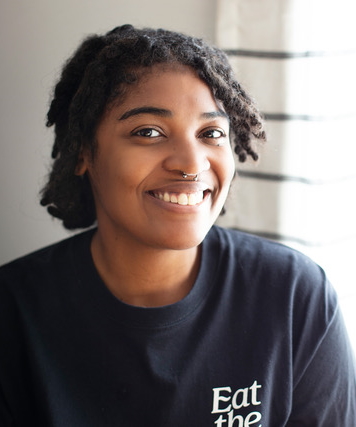
Seren Sensei
Seren Sensei is a filmmaker, writer, and artist. Her writing has been printed in such publications as NAACP’s ‘The Crisis’ Magazine, NYLON, Kweli Journal, and Riot Material, and referenced in Jacobin Mag, Vulture, Complex, Newsweek, AJ+, People, Vice, Walker Art, and more. Specializing in race, culture, and sociopolitical theory, she has released three seasons of the docuseries ‘The [Black] Americans’ to explore Black cultural narratives (The [Black] Americans playlist). She was a 2016-2017 cohort with ‘at lands edge’ pedagogical program to combine art and activism, and, in 2020, was named an Indie Memphis Black Filmmaker Resident for her screenplay, ‘KITT.’ She was also named a 2020-2021 “Time, Space, Money” HRLA Resident, exhibiting a video installation on police brutality protests at Actual Size Gallery in Los Angeles. The first chapter of her speculative fiction novel, ‘Blue Zone,’ was published digitally through Arch St. Press.
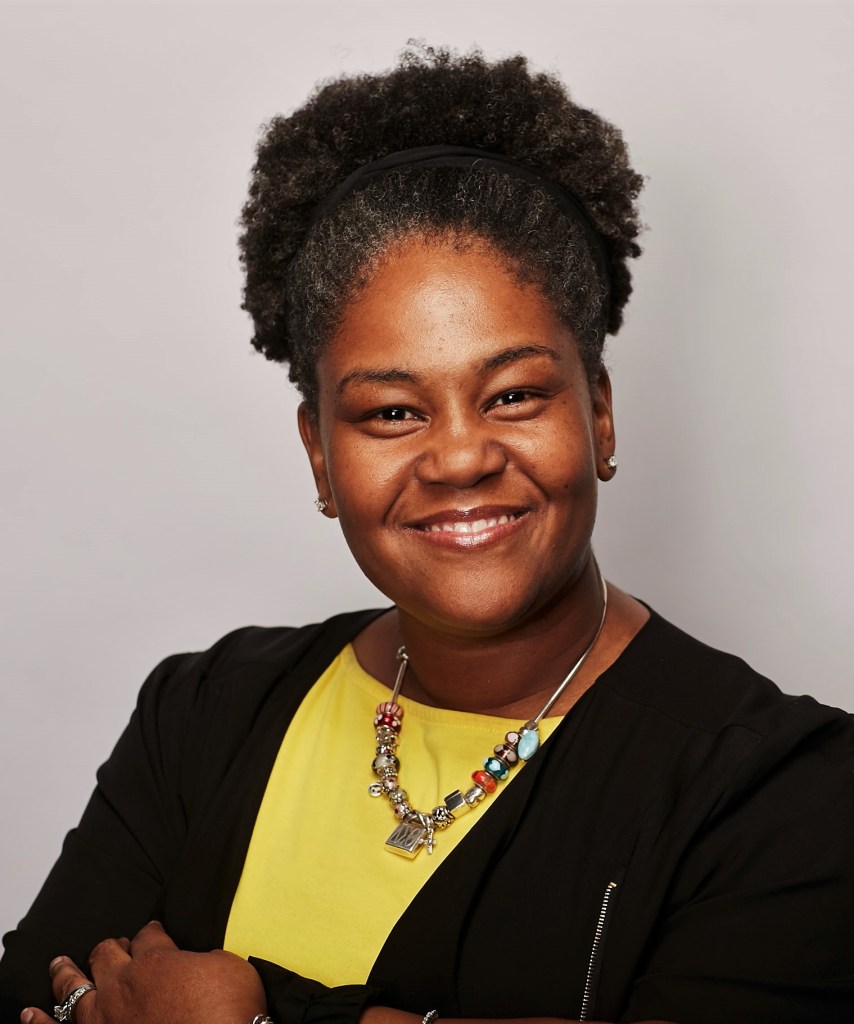
Michelle C. Sermon
Michelle C. Sermon is a licensed social worker who has worked with racially marginalized, justice-involved individuals, their children, and extended families. Michelle’s clinical expertise is counseling adults with trauma, severe mental illness and co-occurring conditions. A skilled, justice-oriented facilitator, Michelle creates and conducts innovative professional development trainings for professionals and community groups/organizations, using her social work research, genetics background, and professional experience to reconstruct the treatment narrative and improve professional practice with African Americans and other marginalized populations. With almost 20 years of experience working with diverse communities, she is also an expert in diversity, equity, and inclusion and serves as a consultant and facilitator for a diverse collection of organizations and industries. A capable researcher, Michelle uses history to elucidate the experiences of intergenerational racialization experienced as trauma by African Americans in rural, southern US communities to develop and implement effective, community specific healing strategies. Michelle holds a PhD in Social Work from the University of Maryland Baltimore, a Master of Social Work (MSW) degree from George Mason University and a Master of Science (MS) degree in Human Genetics from Howard University.
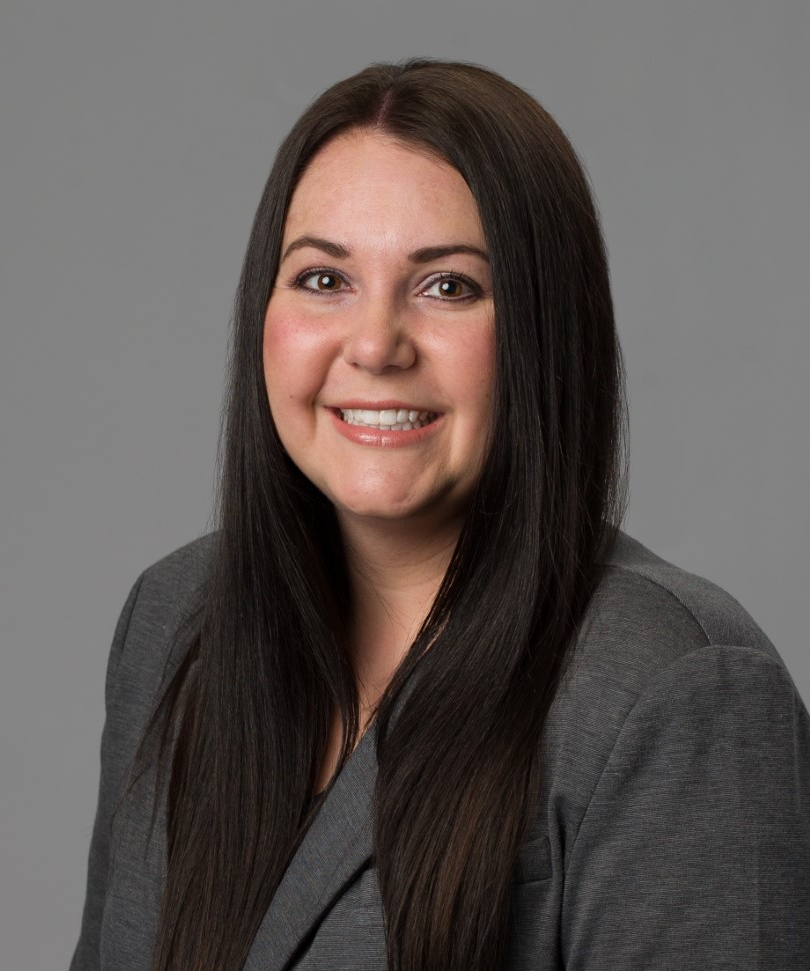
McKenzie Wood
McKenzie Wood is an assistant professor of criminal justice at Weber State University, in Ogden, Utah. A sociologist at heart, she has taught an array of classes, including Criminology, Victimology, Punishment and Society and Crime and the Media. Her pedagogy involves teaching theoretical tenets and then assisting students as they make theory connections to their own life experiences. McKenzie’s areas of research interest revolve around criminal theory, crimes against women, crime prevention strategies, and the help-seeking behaviors of survivors. Most recently she has studied active shooter and armed intruder policies in healthcare and hospital settings. She has been published in various outlets, including the Journal of Interpersonal Violence, Race and Justice, and the International Journal of Offender Therapy and Comparative Criminology.

